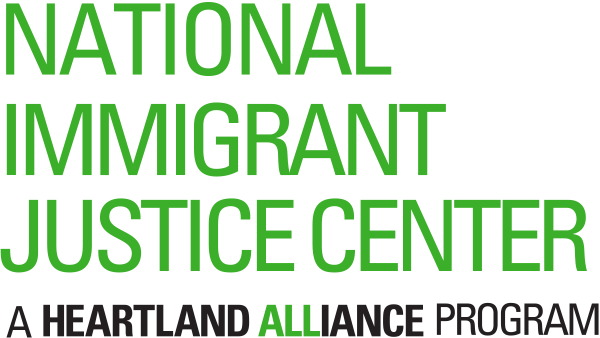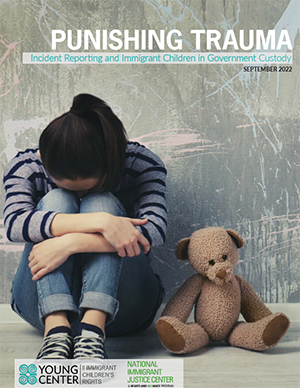Children who have arrived at the U.S. border without a parent or legal guardian are particularly vulnerable to lasting harm from time spent in U.S. government custody. The federal government’s Office of Refugee Resettlement (ORR) is legally required to care for them and does so through its network of congregate care facilities, where children and youth navigate complex rules and levels of restriction as they await reunification with their families or transfer to long-term foster care. During their time in custody, many children incur “Significant Incident Reports” (SIR), forms that ORR uses to document a wide array of incidents ranging from disclosures of past abuse or neglect to minor rule infractions within ORR facilities, as well as behavioral challenges.
In 2021, the Young Center for Immigrant Children’s Rights and the National Immigrant Justice Center conducted a survey of dozens of service providers to document the impact of SIRs. Our survey revealed:
-
ORR facilities engage in over-reporting of incidents. Many SIRs do not document serious incidents that threaten the safety and health of children. Instead, they frequently document minor rule infractions or developmentally-appropriate child or adolescent behavior. For example, SIRs are often filed where children fail to follow facility rules, test boundaries, appropriately express frustration, or engage in horseplay or recreational activities.
-
SIRs frequently fail to contextualize children’s behavior within the stressful circumstances they are navigating, conditions and length of time in government custody, or the trauma they have experienced. For example, children expressing a desire to reunite with their family or be released from custody often incur SIRs and are labeled “flight risks.” Some children – particularly those who endure the longest periods in government custody – are also caught in a vicious circle, where they act out due to detention fatigue and then receive an SIR which is used to prolong their stay in ORR custody.
-
SIRs keep children in more restrictive settings, punishing children for their mental health conditions, disabilities, or confidential disclosures. Children often grieve or experience symptoms of trauma in custody due to the harms they escaped in their home country, during their journey, or upon separation from family when they are apprehended by border officials. SIRs turn children’s experiences, mental health conditions, and confidences into justification for prolonged detention in facilities that exacerbate their trauma and behavioral needs.
Despite the central role that SIRs play in the ORR system, very little information about SIRs is publicly available. ORR does not publish data on SIRs and does not proactively share SIRs with children’s legal service providers or attorneys. This lack of transparency has created a system with little accountability or oversight, despite its grave consequences for children.
Based on our survey and analysis, we conclude that a complete overhaul of ORR’s incident reporting system is necessary to ensure that it aligns with ORR’s mandate to ensure the safety and health of children in its care and to prioritize reunification with family.
Read the Executive Summary (PDF)
Read the report (PDF)



